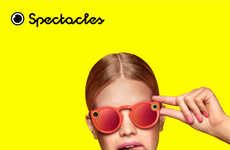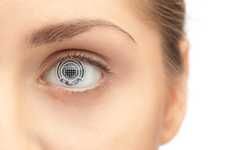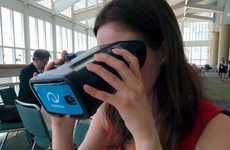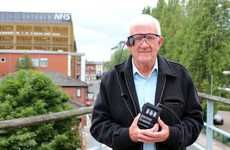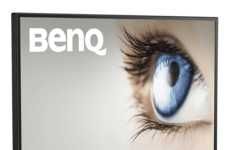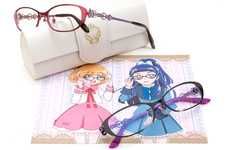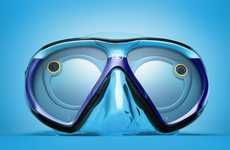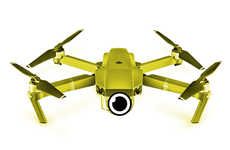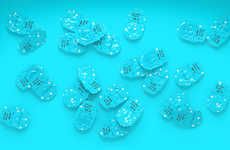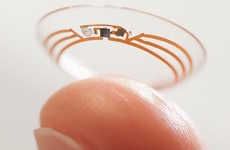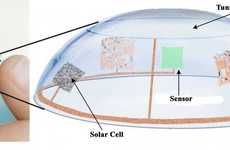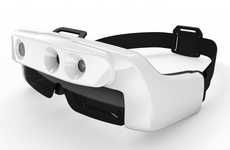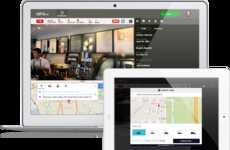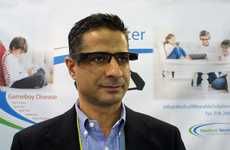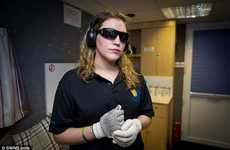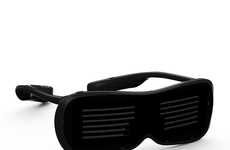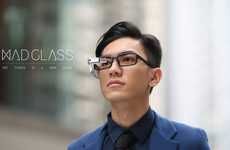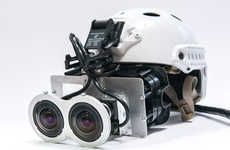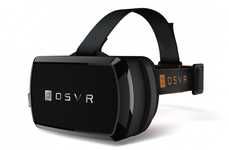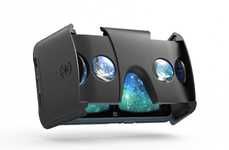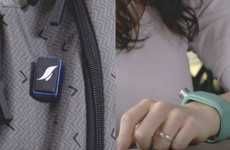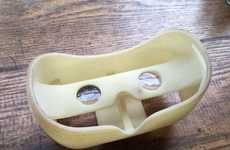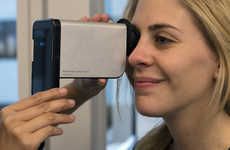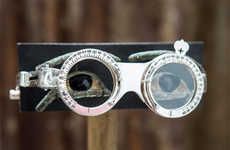

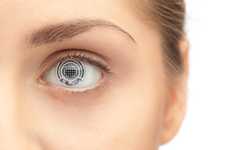
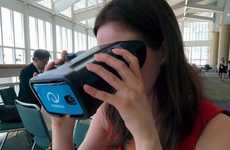
Virtual and augmented reality tech shifts from fun to function through eyesight
Implications - With smart glasses sales showing a slow incline, it seems interest in leisurely ocular wearables is not as high as expected; perhaps more purpose-driven smart glasses are the answer. The onslaught of prescription-integrated, functional smart glasses ushers in a new era of the digital age where tech is recognized less as a novelty, and more of a necessity.
Workshop Question - What failed technology within your industry could benefit from a redefined purpose?
Trend Themes
1. Functional Smart Glasses - The rise of prescription-integrated smart glasses marks a shift towards purpose-driven technology that is necessary rather than a novelty.
2. Vision Technology Advancements - The development of bio-sensing contact lenses and vision-corrected VR screens offer disruptive innovation opportunities in the healthcare and technology industries.
3. Contact Lens Enhancement - Researchers are investing in contact lens technology advancements such as tech-infused and bio-sensing lenses that have potential disruptive opportunities in the healthcare and wearable tech industries.
Industry Implications
1. Healthcare - Smart glasses and bio-sensing contact lenses offer innovative solutions in diagnosing and monitoring conditions, as well as visual aids for those with vision impairments.
2. Wearable Technology - The rise of functional smart glasses and the development of augmented reality contact lenses demonstrate a focus on making wearable technology more practical and necessary in everyday life.
3. Virtual Reality - Vision-corrected VR screens and advancements in related technologies offer innovative solutions for more immersive and accessible virtual reality experiences for different types of users, including those with visual impairments.

